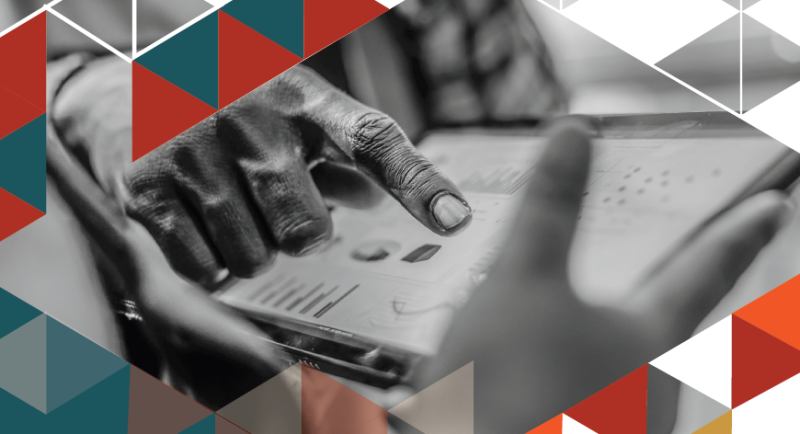Emerging Issues in Digital Rights in Africa: A Discussion Paper for the African Declaration on Internet Rights and Freedoms (AfDec) Coalition
Emerging Issues in Digital Rights in Africa: A Discussion Paper for the African Declaration on Internet Rights and Freedoms (AfDec) Coalition

Even before the adoption of the African Declaration on Internet Rights and Principles (AfDec) in 2014, the information and communication sector on the continent was already experiencing rapid technological advancements, driven by the growing demand for faster, more reliable, and interactive modes of communication. This evolution, while transformative, has also brought disruptions, necessitating that policymakers identify overarching trends and understand their interconnections to develop comprehensive and practical solutions for key global human rights challenges.
Within the AfDec community, there is broad consensus that the Declaration, in its current form, serves as a forward-looking framework capturing a wide range of rights. It remains a valuable tool for civil society, journalists, and activists advocating for legal and policy reforms. However, to maintain its relevance in Africa’s dynamic digital environment, the Declaration must address emerging challenges and gaps. Many stakeholders believe it falls short of providing guiding principles for some of the latest developments in the digital space.
Despite significant advancements in internet penetration over the last decade, millions of Africans, particularly those in rural and underserved areas, still lack affordable and reliable connectivity. This highlights the enduring importance of the Declaration’s emphasis on universal access and the need to overcome infrastructural and socio-economic barriers. Furthermore, women and marginalised groups remain disproportionately excluded from the digital economy, underscoring the critical need to prioritise gender equity and inclusion within the Declaration’s
framework.
A major limitation of the Declaration is its non-binding nature, which renders its principles aspirational rather than enforceable. This has significantly hindered its practical impact across the continent, making it challenging to compel governments to uphold the digital rights and freedoms it outlines.
Stakeholders have identified a wide range of emerging digital rights issues with both global significance and specific relevance to Africa. These include challenges such as algorithmic bias, data sovereignty, equitable access to digital infrastructure, and safeguards against surveillance abuses. To address these complexities, there is a growing consensus on the need to update the Declaration. Refinements to existing provisions and the addition of new ones are essential to ensure it remains a forward-looking, actionable framework capable of addressing the evolving digital rights landscape in Africa.
